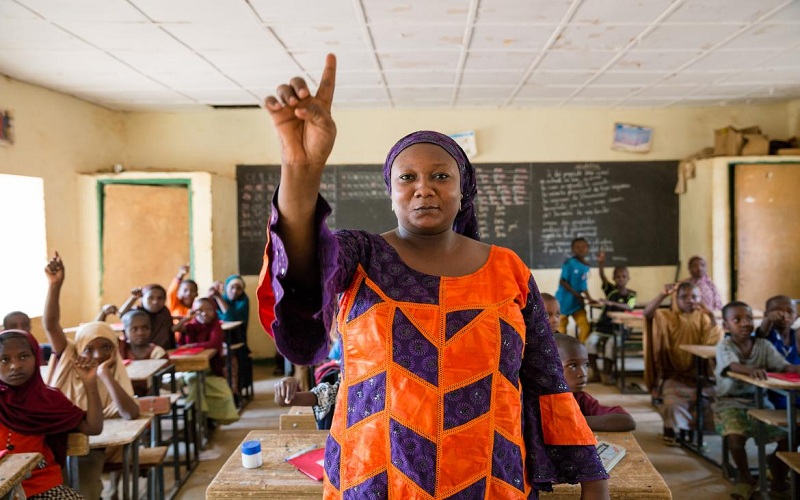A triple purpose is assigned to the education system in contemporary societies and is taken up on its own account by the Parent Commission. We must “give everyone the opportunity to learn; make available to everyone the studies best suited to their aptitudes and tastes; prepare the individual for life in society”. This is not an easy achievement in a society like Quebec where we must both modernize, quickly make a fragmented, incomplete, underfunded education system more efficient, and deal with a veritable explosion of people to be educated.
Many serious problems must be overcome:
considerable needs for real estate and material equipment, shortages of qualified teachers, vertical coordination to be established in a scattered system, horizontal coordination between a multitude of sectors, programs and training establishments, mobilization of abundant financial resources, etc. It is certain, according to the Commission, that “private initiative cannot effectively pursue such ambitious objectives, nor suffice for so many tasks”, and this, all the less so since multiple authorities exercise jurisdiction over the various parts of the education system.
In fact, for the Commission, only the political power, guardian of the common good of society and guarantor of the rights of individuals, can assume the tasks of organising, financing and directing the educational effort. It is therefore necessary to make the State the prime contractor for the reform of the entire education system, “a simple patching up would not be enough. To carry out the necessary renovation, the State has the duty to plan with precision and scope, to execute with speed and competence. Moreover, against those who fear “political interference” in education, the Commission argues that it already exists but in a hidden way.
The accepted and clear intervention of the state in education would stimulate democratic debates and strengthen accountability on education issues. Moreover, the majority of European countries and Canadian provinces already have a ministry responsible for education. The Commission thus formulates the fundamental recommendations of the first volume of its report: establish the responsibility of the State in matters of education by instituting a Ministry of Education flanked by a higher council supervising it and enlightening it at the same time.
These recommendations will give rise to vigorous debate; but, barely a year after the first volume of the report, tabled on April 22, 1963, the Ministry of Education and the Superior Council of Education will have been established by decision of the Legislative Assembly in May 1964.
The educational problems
which confront all the countries of the world, the province of Quebec must consider them in the light of the objectives imposed on it by economic and social evolution and modern trends in education. While becoming aware of the problems that are specific to it because of its traditions and its history, it must seek with lucidity and practical sense to provide its school system with structures adapted to its needs.
Objectives, needs and problems
In modern societies, the education system pursues a triple end: to give everyone the opportunity to learn; make available to everyone the studies best suited to their aptitudes and tastes; prepare the individual for life in society.
The obligation of every nation to ensure the education of all its citizens is recognized in the Universal Declaration of Human Rights and in the Declaration of the Rights of the Child. But the demands of the common good make this duty even more imperative for nations that must quickly adapt to new socio-economic conditions. Schools in the province of Quebec must therefore be accessible to every child, without distinction of creed, racial origin, culture, social background, age, sex, physical or mental health. And these schools must offer everyone services of a roughly comparable quality and diversity .
The new era requires that all school children have access to the levels of education corresponding to their abilities. Currently school attendance is compulsory until the age of 15; she will soon be up to 16 and even 18 years old. Secondary schools, colleges and universities have each suffered the shock of this rush towards higher education: their numbers have skyrocketed in recent years. But the statistics should not deceive us; although a very high proportion of schoolchildren go beyond primary school, too many do not finish secondary school. It is undoubtedly to the current organization of the schools that this premature abandonment of studies is partly attributable; schools are unlikely to cater to the varied needs and abilities of children. Moreover, universities receive about 7% of boys aged 17 to 24 and 1.5% of girls of the same age; but the proportion of young people who are able to study there is much higher. The objective to be achieved is to make courses that suit their talent accessible to all students.




